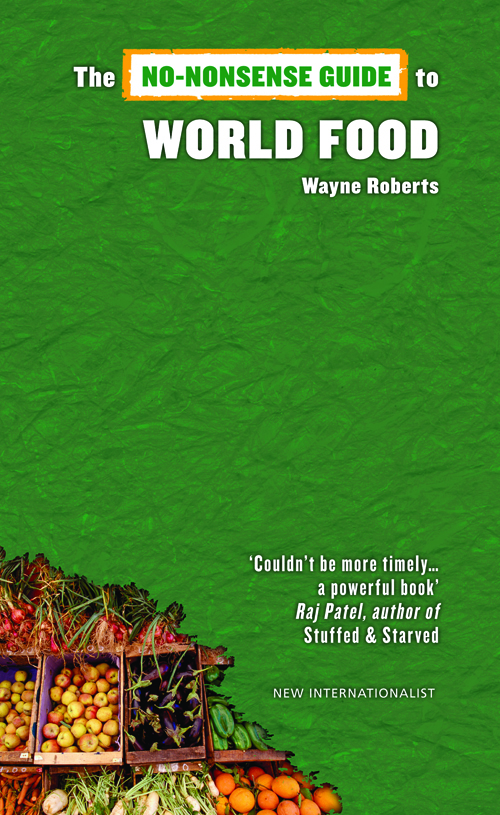
The No Nonsense GuidesThe series published by New Internationalist
1.Climate change
2.Conflict and Peace
3.Human Rights
4.Fair Trade
These four books in the series deal exhaustively but succinctly with just those issues that are bpec's raison d'etre.
And how persuasively and knowledgeably they both inform and argue their case.
1.We are told that "...humanity is changing the world climate and we need to do something about it, quick!" Since the book's publication this warning has increased in seriousness and urgency. The effects on human health, farming and food, wildlife and forests are explained in considerable detail. Sensible solutions are suggested at the end of each article The final chapter is headed, "Lasting solutions for a Global Crisis."
2."We need to understand the causes (of violence)and find ways to deal with it." The book analyses these causes and asks us to "imagine living a life in peace." Many examples of the success of peaceful actions to redress grievances are given, some on a stupendous scale. But, the author warns, "Peace needs hard work." Exactly how the peace movement could and should work are also detailed with clarity and commonsense. As Howard Zimm says, "This guide is excellent for students and peace activists. But hurry – time is short.
3.On human rights, Desmond Tutu (who else!) remarks: "Respecting human rights means respecting that every person is unique and entitled to a life of dignity and choice." The authors explain in considerable detail exactly what human rights are and what they are based upon. They also maintain that "All the different rights together make up a whole." The book provides convincing evidence that torture, persecution and the denial of work and education still exist all over the world, despite the Declaration half a century ago. But rights do not depend on declarations or laws, they are inherent, as explained in the American Declaration of Independence over 200 years ago. The abuses cited, the book maintains, must be resisted in different ways, according to the circumstances. At the end of the book there is a valuable list of contact and resources to aid the struggle against tyranny
4.Trade can also be a source of conflict, and Fair Trade gives examples of producers in Peru, Ghana, the Caribbean and many other areas, of how we exploit producers in the developing world. The point made is that paying them a fair price for their labour is the beginning of the fight-back against such exploitation.
All these books are powerful tools in the hands of all those who, in J.B. Priestley's words, struggle " to make this world a better place to live in."
